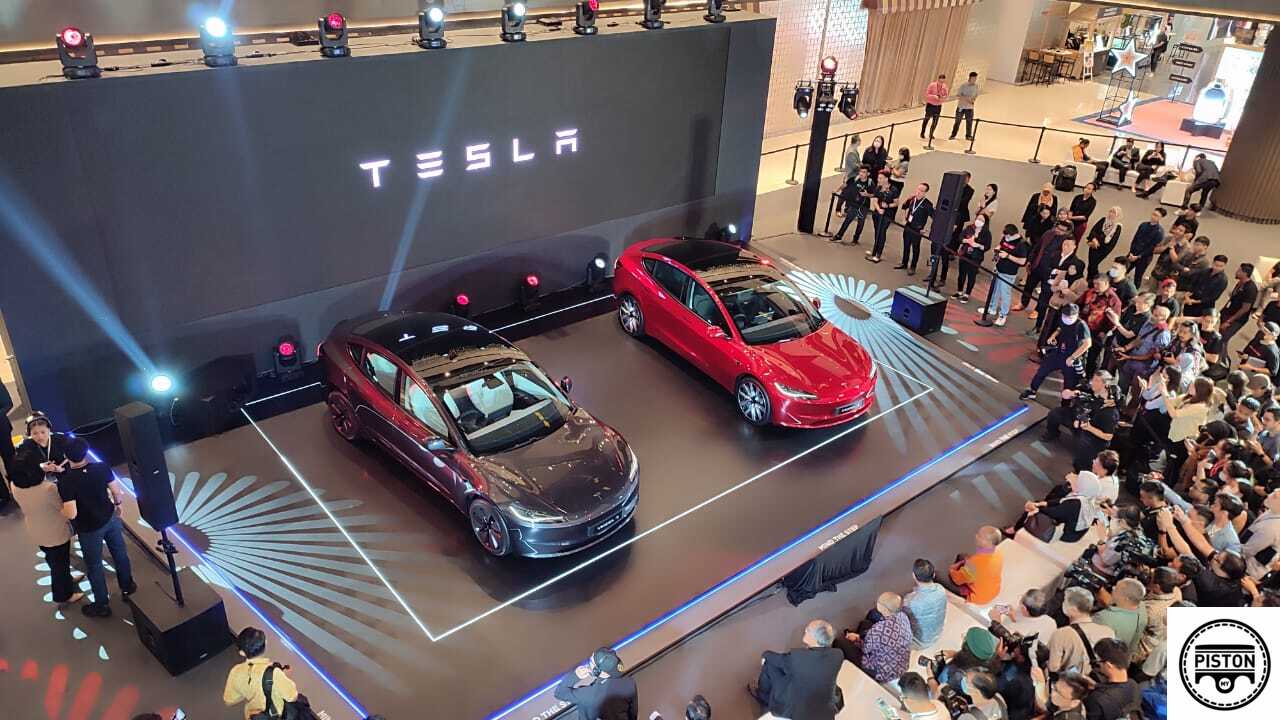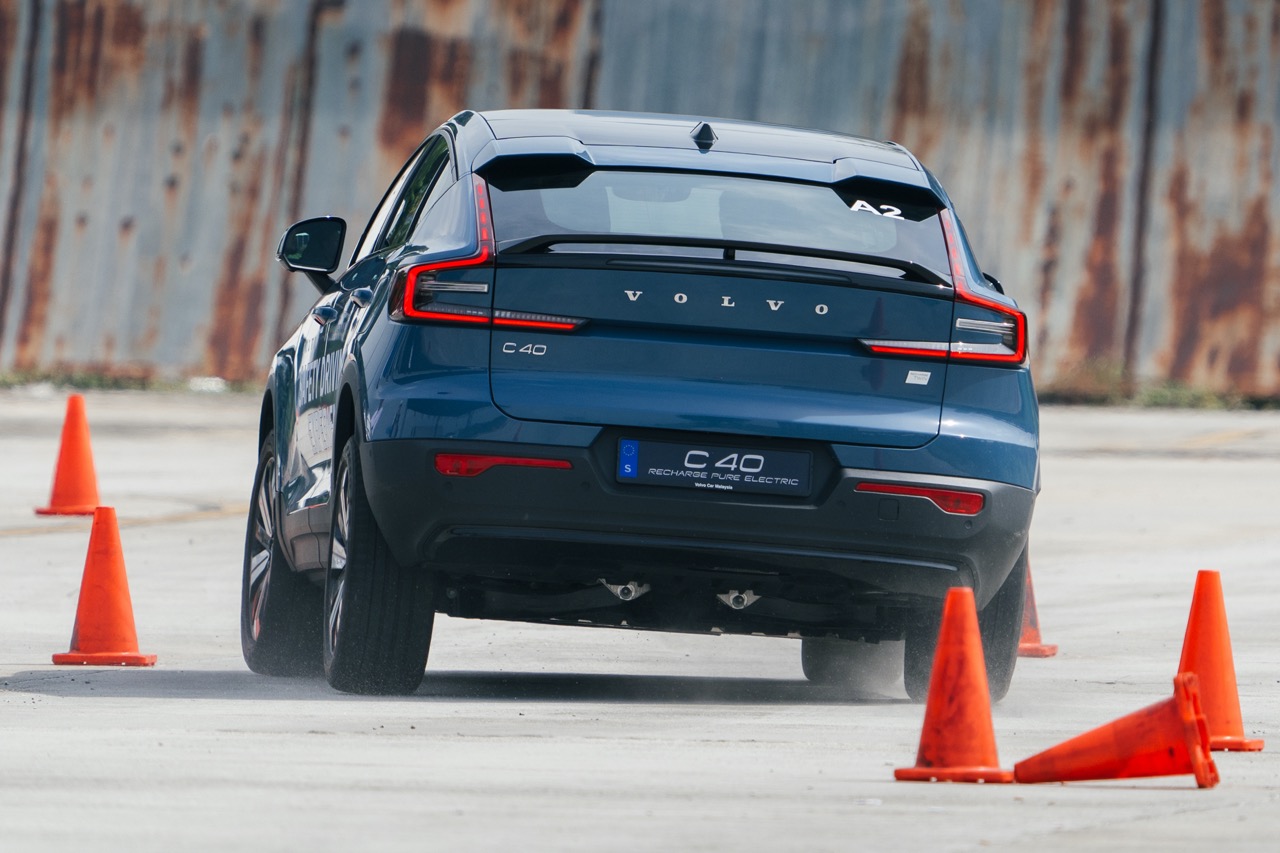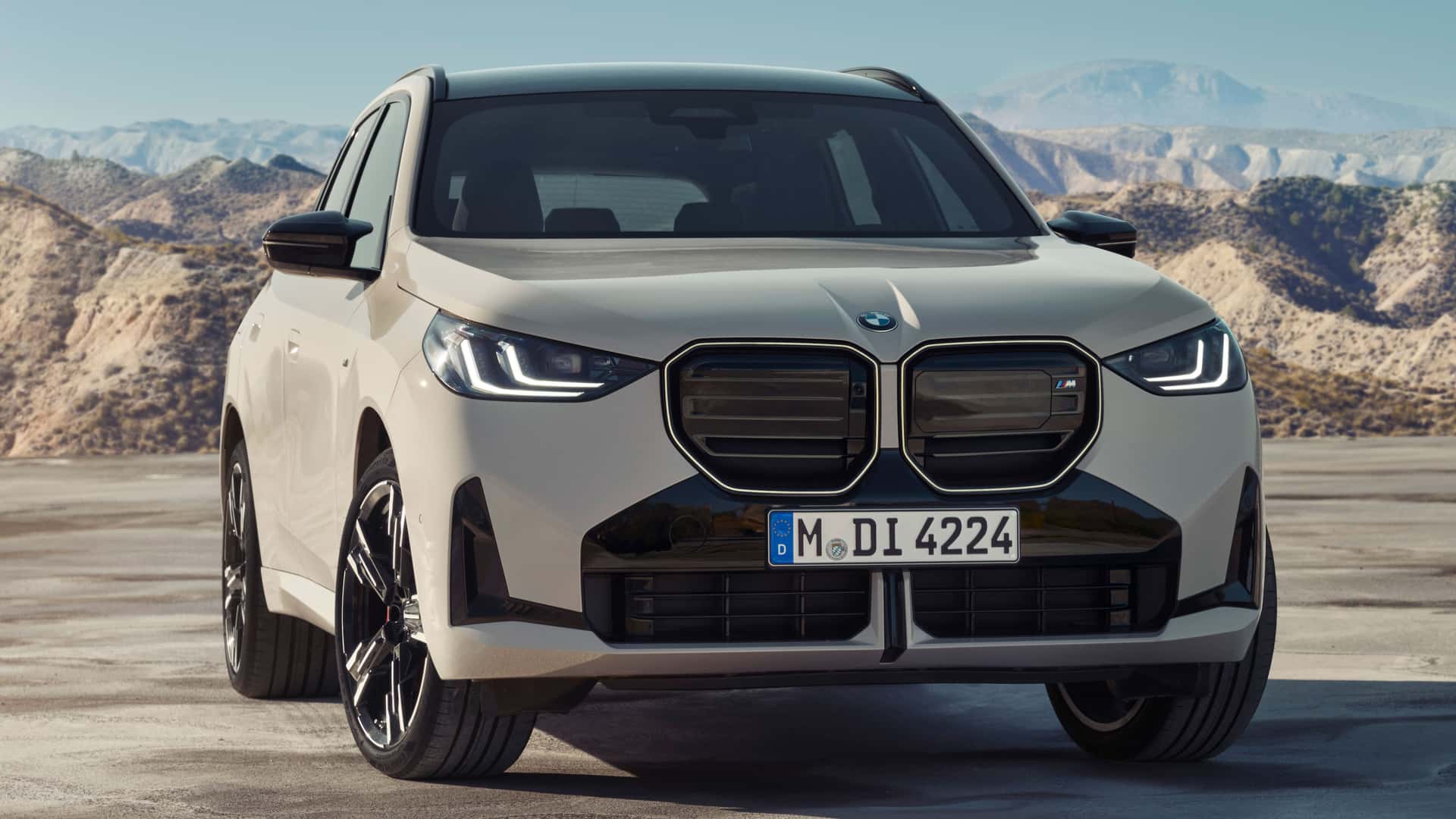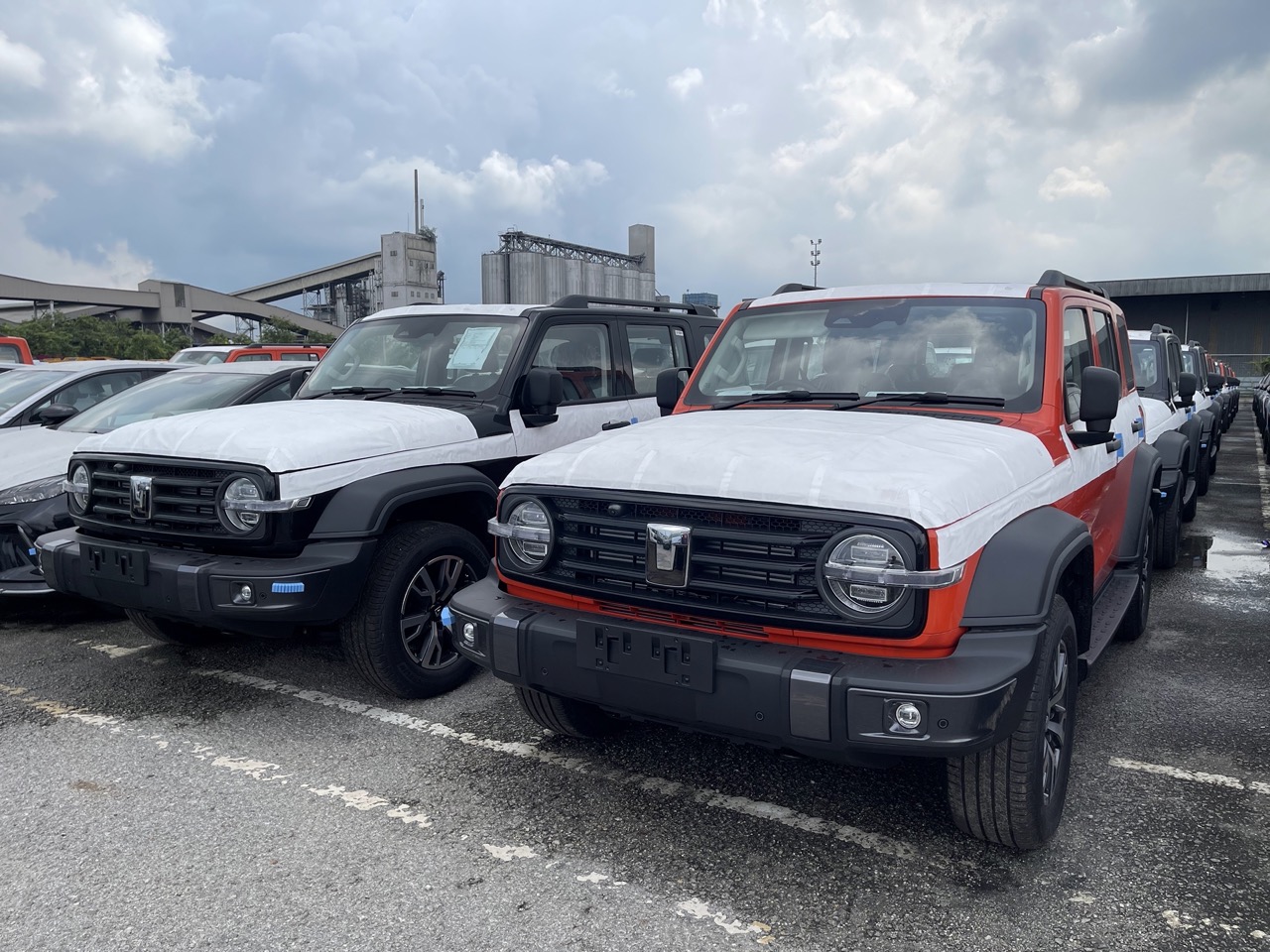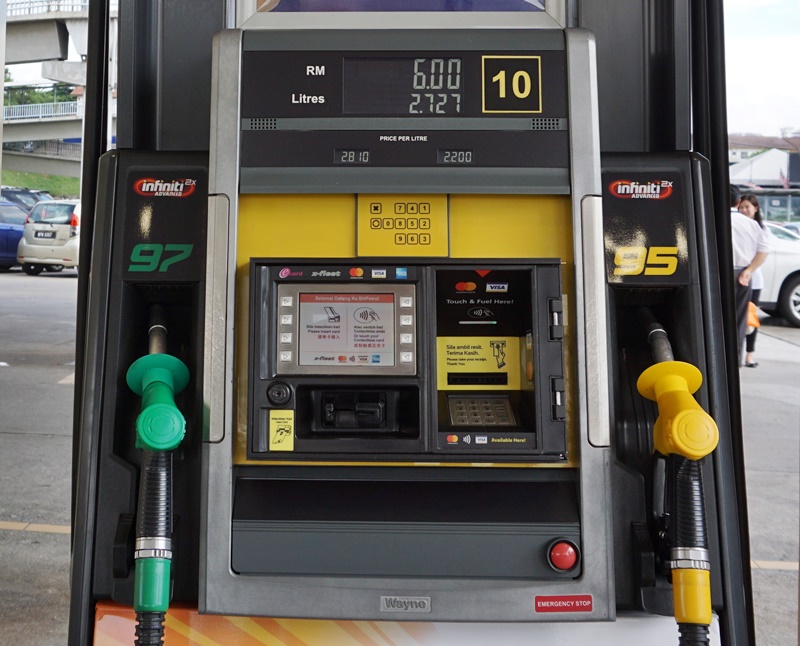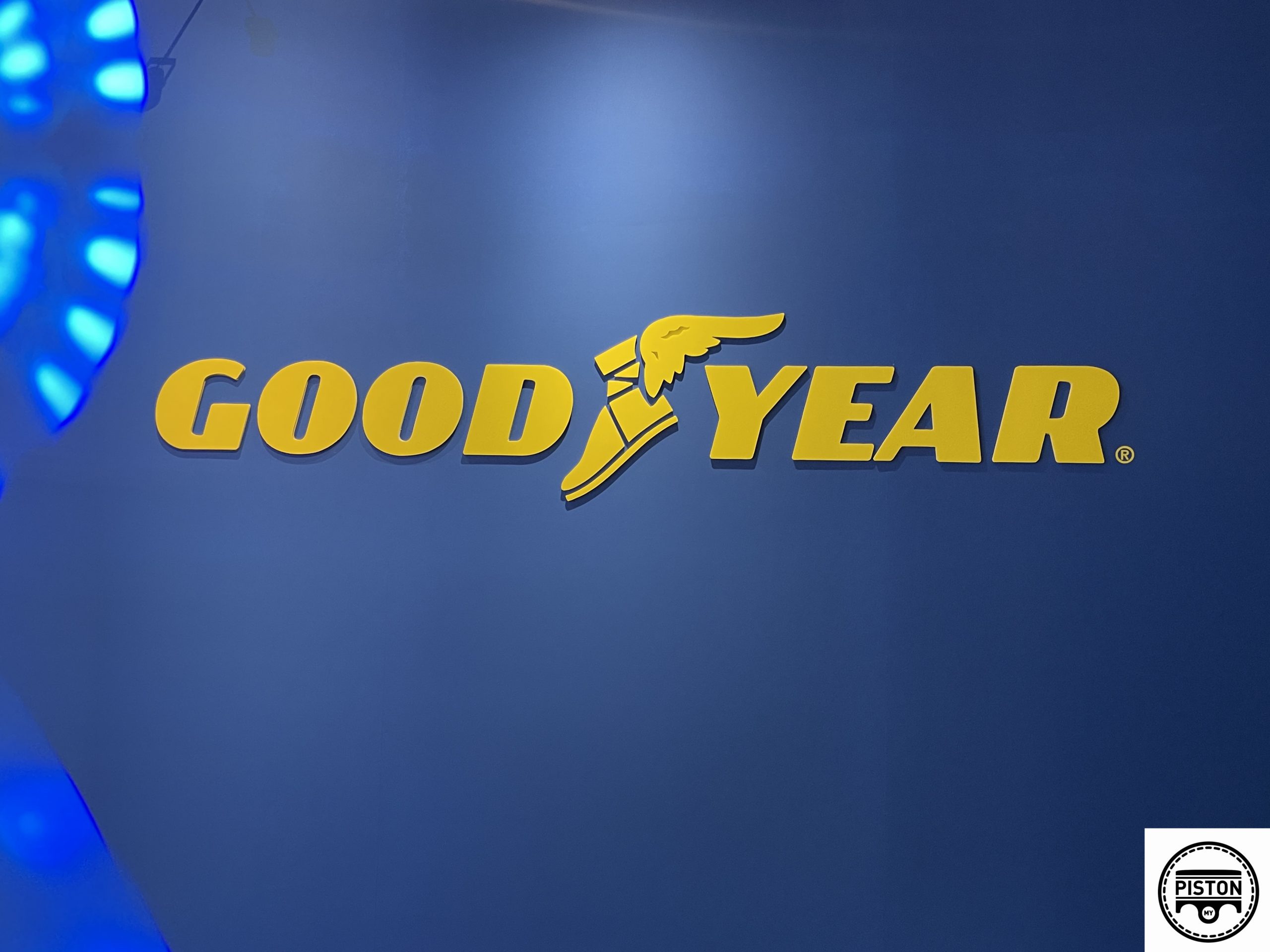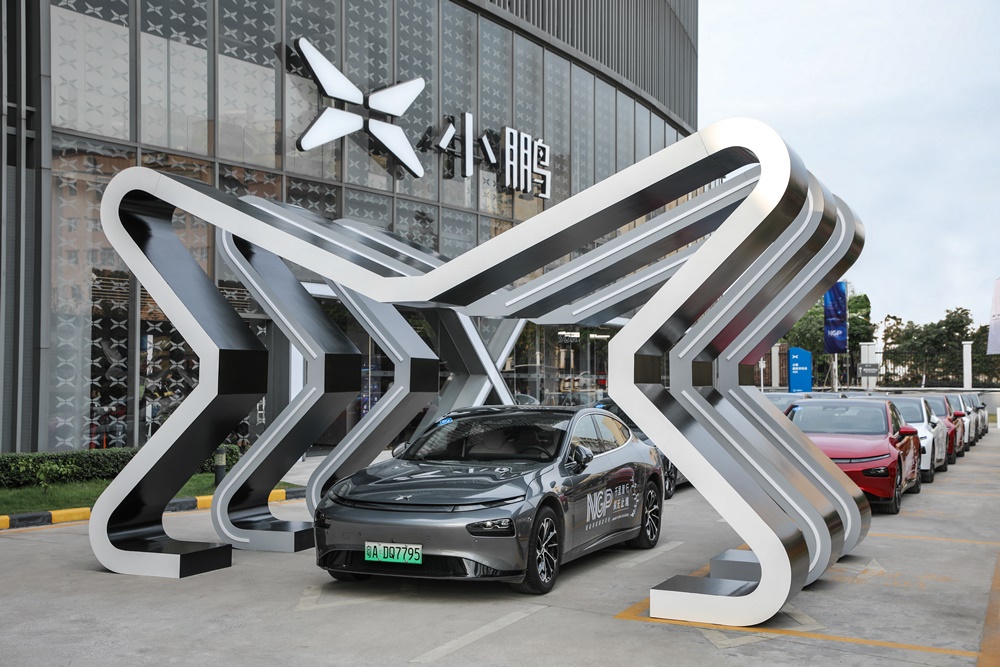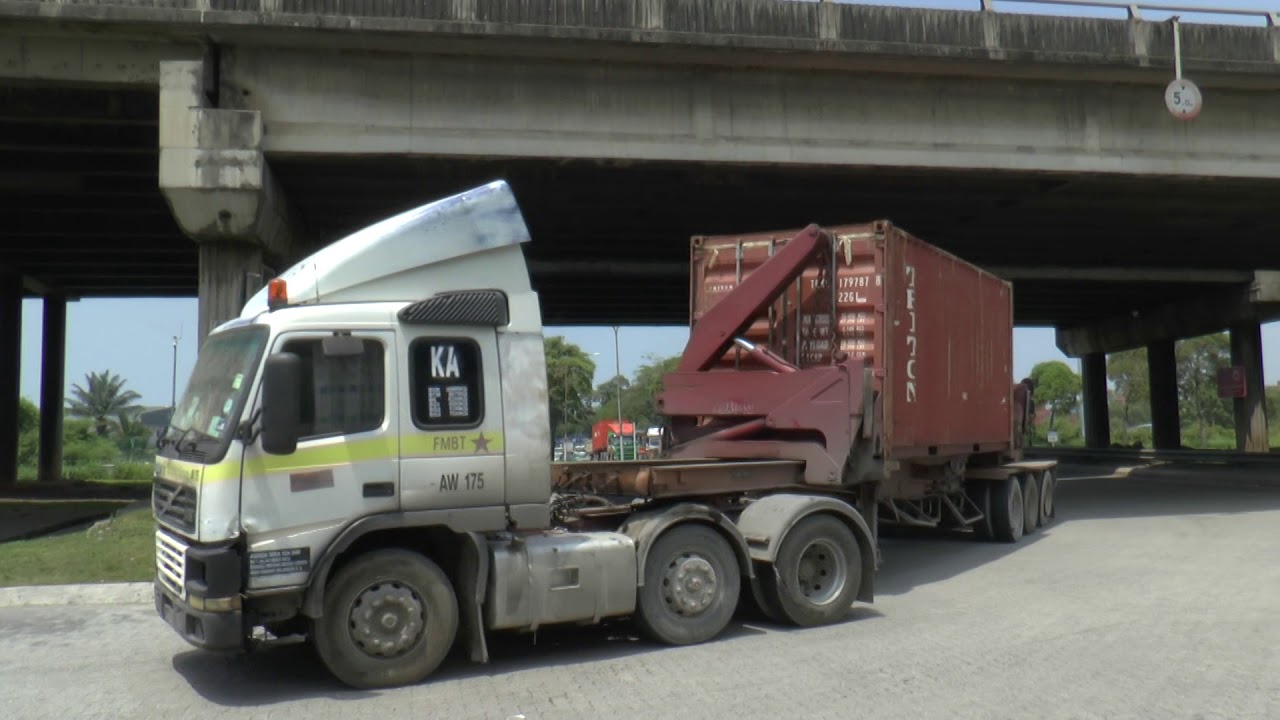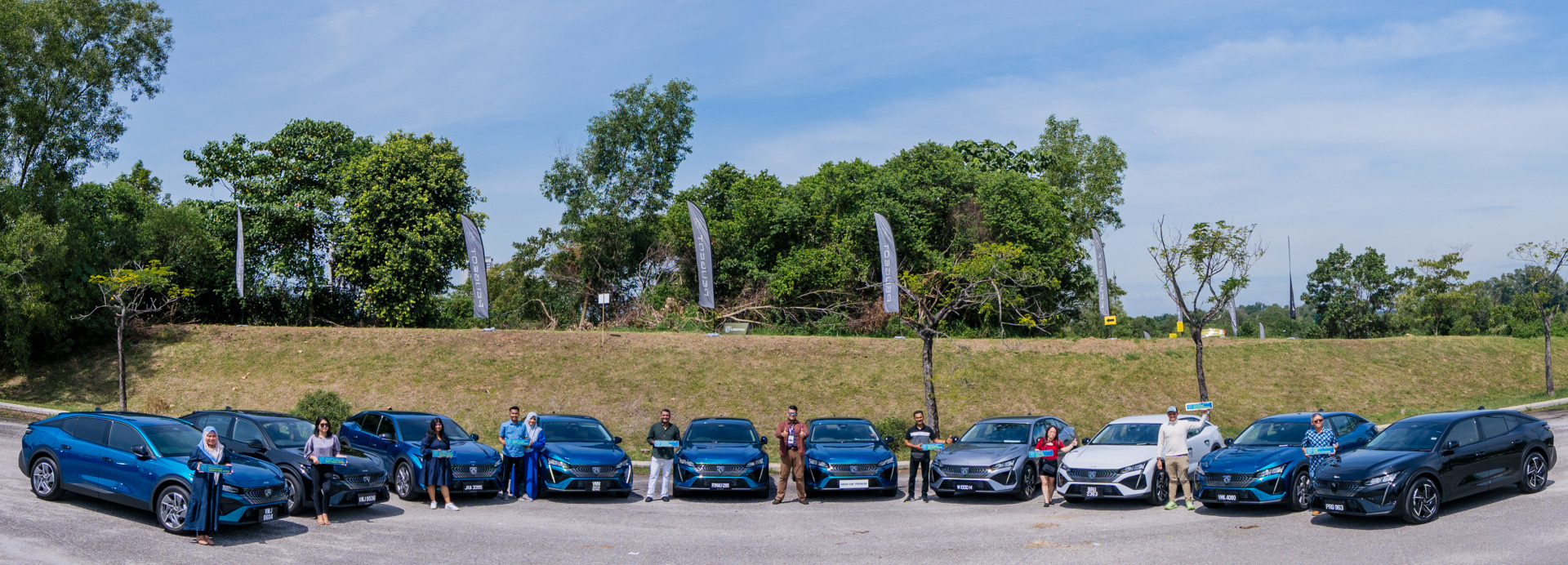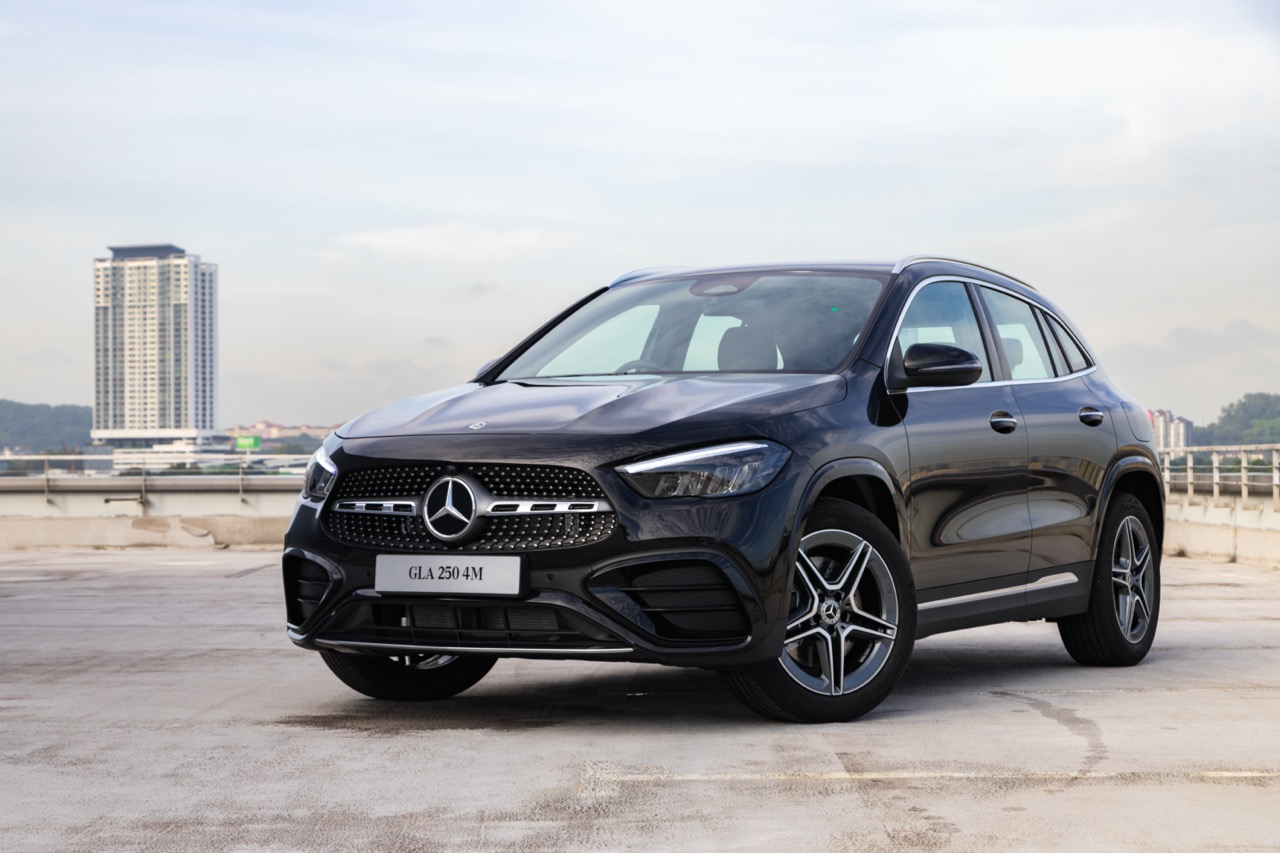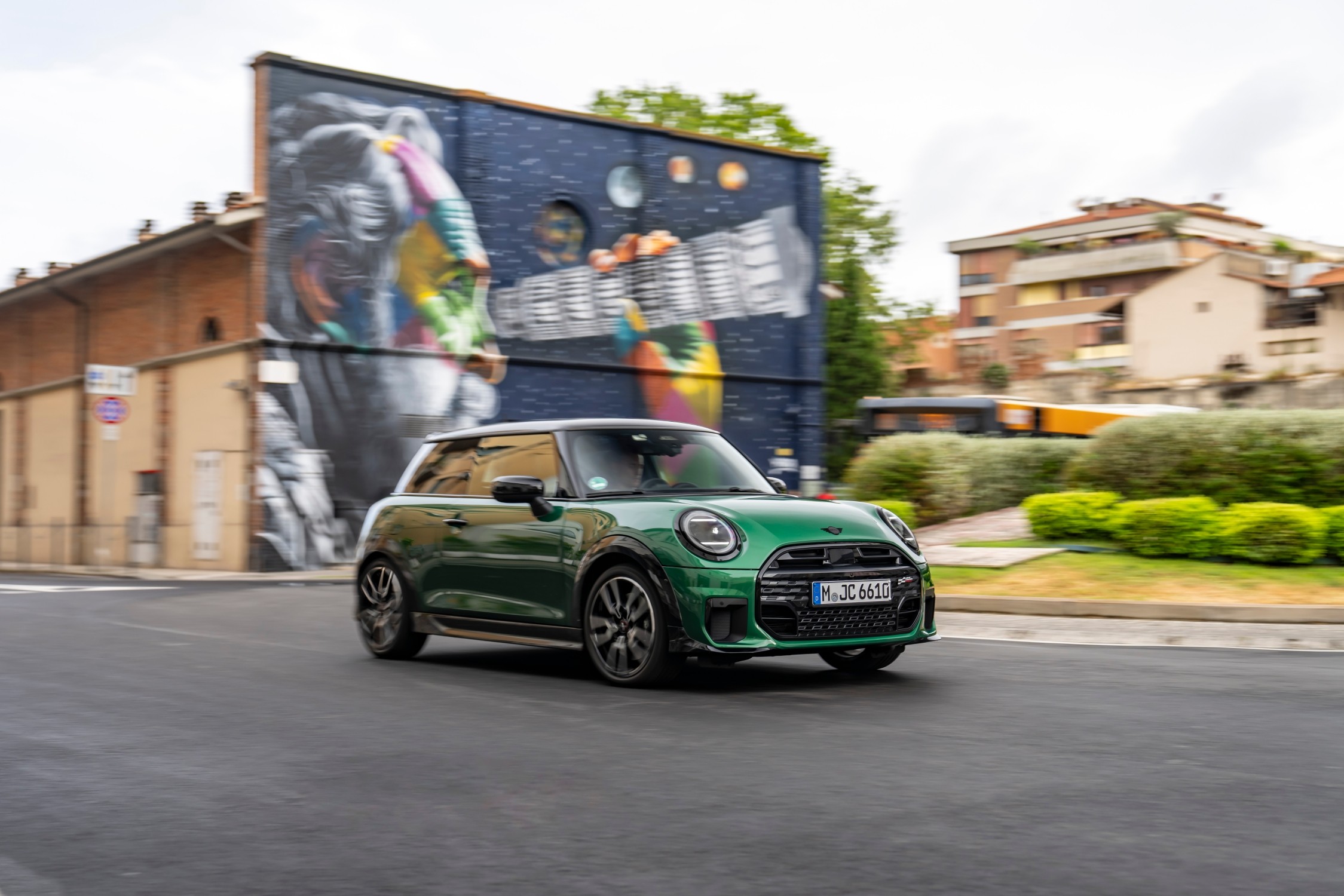Malaysia’s import license or approved permit (AP) system for motor vehicles will be upheld to give precedence to the domestic automotive industry, aligning with the objectives of the National Automotive Policy 2020. The move aims to foster an inclusive automotive industry development and curtail the influx of completely built-up (CBU) imports, including electric vehicles (EVs), that do not meet road safety standards.
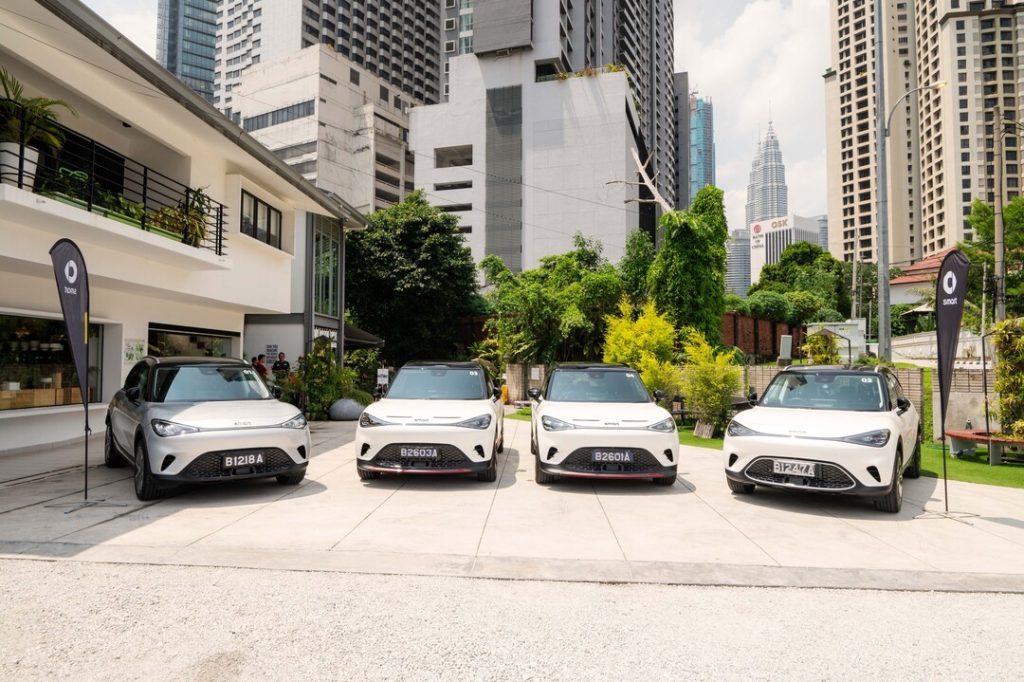
As reported by Bernama, Tengku Datuk Seri Zafrul Abdul Aziz, Minister of Investment, Trade, and Industry, emphasised the significance of retaining the AP system, citing multiple justifications during a session of Ministers’ Question Time in the Dewan Rakyat.
The AP system serves as a mechanism to gather data and information, enhancing the regulation and guidelines for the advancement of Malaysia’s automotive sector. Furthermore, it ensures that all imported new or used CBU vehicles adhere to the requirements set forth by the Ministry of Investment, Trade, and Industry (Miti).
The Minister was responding to a query from Lim Lip Eng (DAP-Kepong), who inquired about the government’s measures to safeguard the issuance of import APs and tax exemptions, including excise duty and import taxes, for various types of EVs, including commercial vehicles and motorcycles.
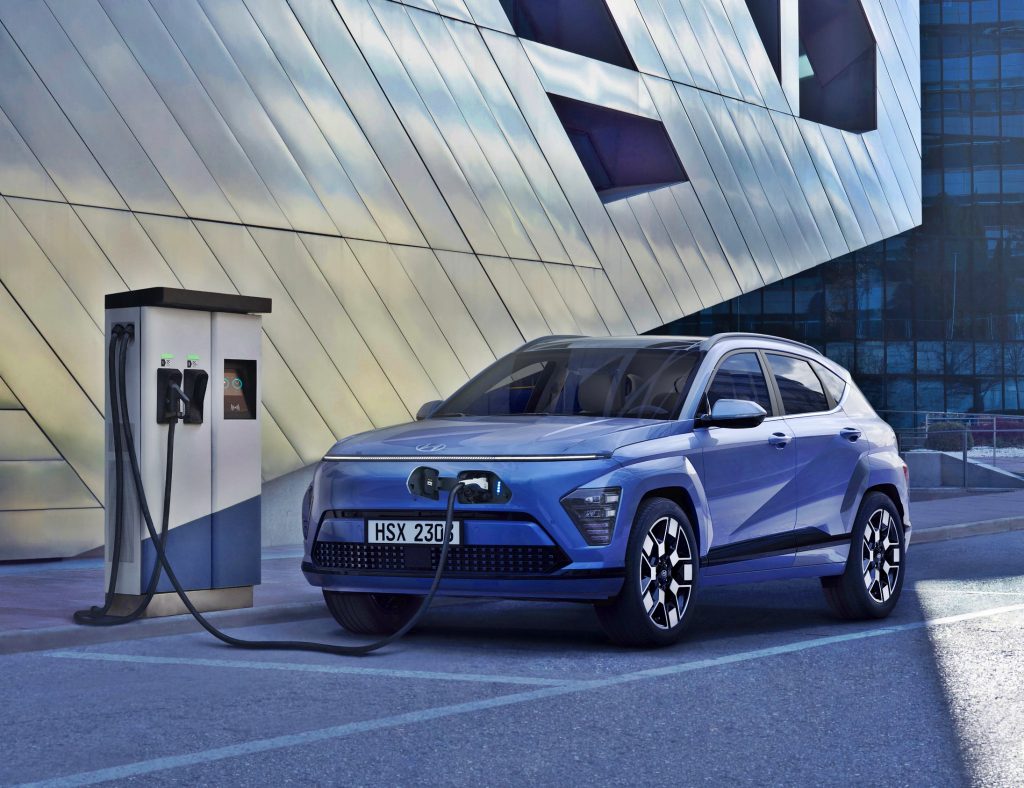
Tengku Zafrul clarified that the government, in accordance with the 2023 budget, offers excise duty and import tax exemptions for all categories of EVs, encompassing commercial vehicles and motorcycles. These incentives apply to EVs imported in CBU form until 2025 and to locally assembled completely knocked-down (CKD) units until 2027. Additionally, full sales tax exemptions are provided for CKD EVs until 2027.
The number of registered EVs in Malaysia, particularly battery electric vehicles (BEVs), spanning various commercial vehicles and motorcycles, has reached 12,000 units from 2011 to September 2023. In 2022 alone, 3,000 EVs were registered, with an additional 7,500 units registered up to September 2023, a substantial increase compared to the average of 300 units registered annually in previous years.



